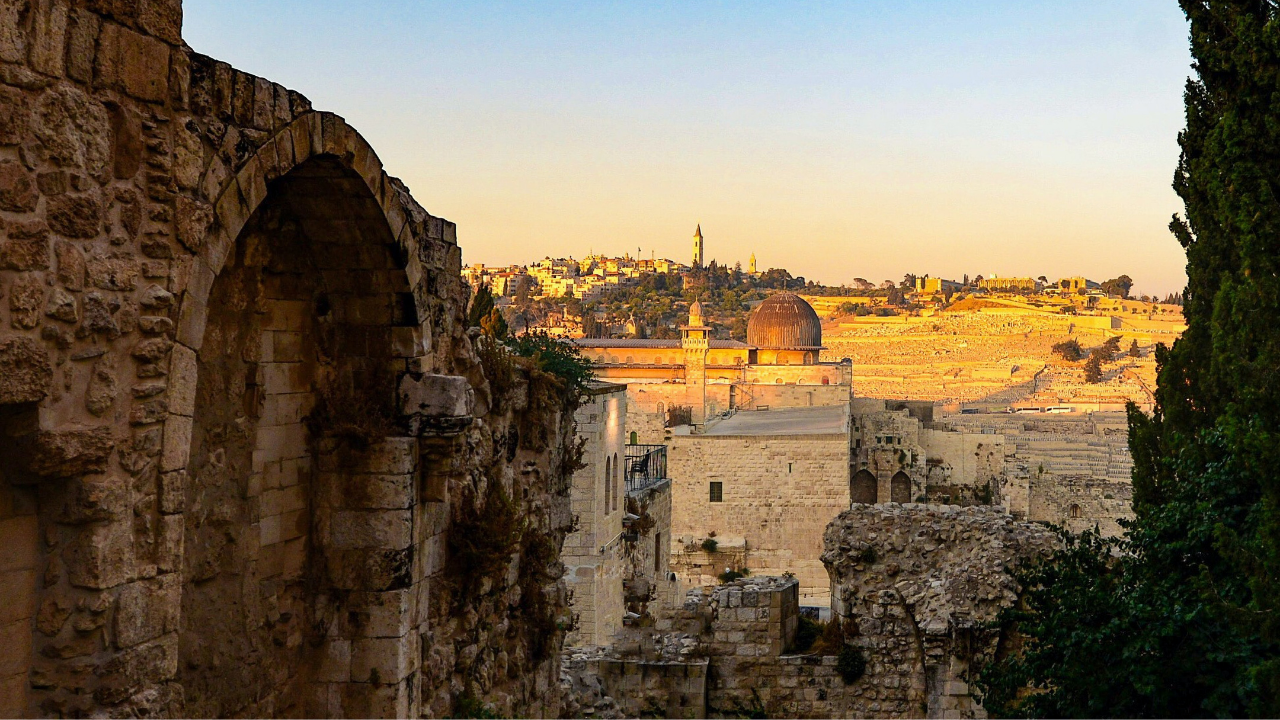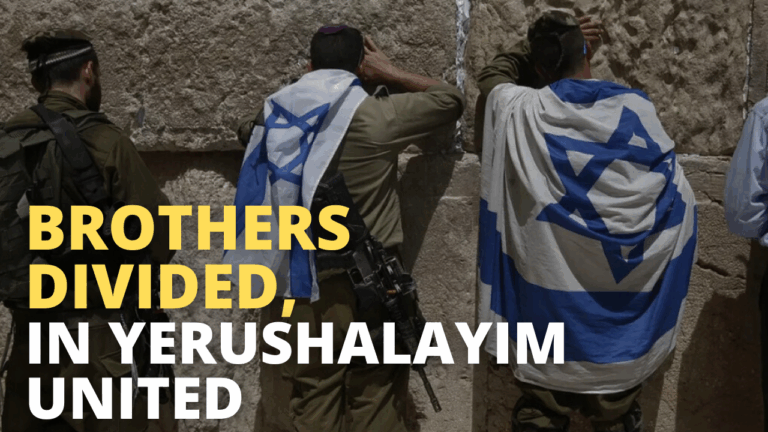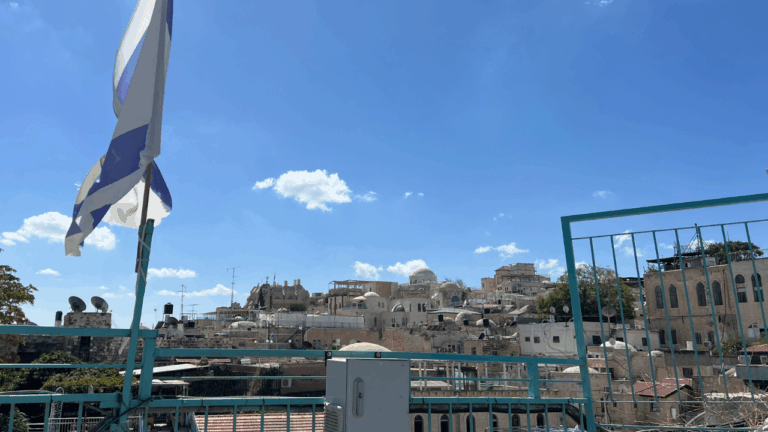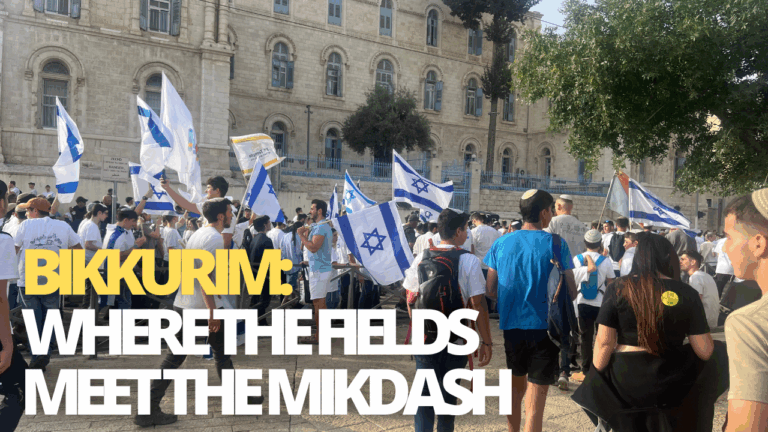The Loyalty of Jerusalem
Our parsha opens with a command to Moshe to “pure oil of beaten olives for lighting for kindling lamps regularly” of the Menorah. This light represents the pure light of God with which we are to light up the Beit HaMikdash, Yerushalayim, ourselves, and the entire world.
There are many different forms of oils and fuels. Therefore, the Midrash asks a simple question – why olive oil? What are the qualities of olive oil such that specifically this form of fuel is used to represent the light of God?
One midrash answers as follows:
Rabbi Chiya taught, “‘Olive oil,’ and not sesame oil, nut oil, radish oil or almond oil. But rather olive oil, from your olive tree.” Rabbi Avin said, “[There is a relevant] parable about a king whose legions had revolted against him, but one of his legions had not revolted against him. The king said, ‘I will make dukes, governors and generals from that legion that did not rebel against me.’ So [too] did the Holy One, blessed be He, say, ‘This olive tree brought light to the world in the days of Noach.'”…
Loyalty is the first trait of the olive. From all the trees, olives remained true in their commitment to God.
It is important to note that this loyalty is not merely in the good times. The Midrash highlights the fact that the olive was loyal to God even through a literal deluge in the form of the Mabul. Similarly, if we want to connect ourselves to the pure light of the Menora we must emulate the
olive’s loyalty. To access the light of the Menorah our loyalty to God must remain strong through thick and thin, no matter the circumstances.
This idea of loyalty even through suffering is raised by a different midrash:
The Jewish people are compared to an olive: just as an olive is beaten on the tree and then it is placed in a grinder and then it is crushed… and then it produces its oil, so, too, the Jewish people.
The suffering of the olive is the way that its loyalty is tested. Our true godly nature is most manifest when we cling to him despite our suffering. The suffering causes us to deeply dive into our inner essence and bring out the pure oil/souls that are always connected to God.
The menorah was kindled in Yerushalayim, the city that is known as the Light of the World. These intertwined messages of loyalty and suffering are true regarding our symbiotic relationship to our city. Yerushalayim has been the site of great Jewish suffering. So much about the archeology of the city reminds us of Jewish death, defeat and foreign conquest. And, yet, despite all this, Yerushalayim remained loyal to us and we to Yerushalayim. We prayed to return to it daily and jumped at the opportunity to return.
How fitting it is that the menorah is the symbol of the modern state of Israel and a menorah sits in the center of the Jewish quarter. Our loyalty knows no bounds and it is specifically this loyalty over the years that allowed us to reconnect with to our city after two thousands years of exile and suffering. May we soon merit to see the menorah lit in the Beit HaMikdash.



